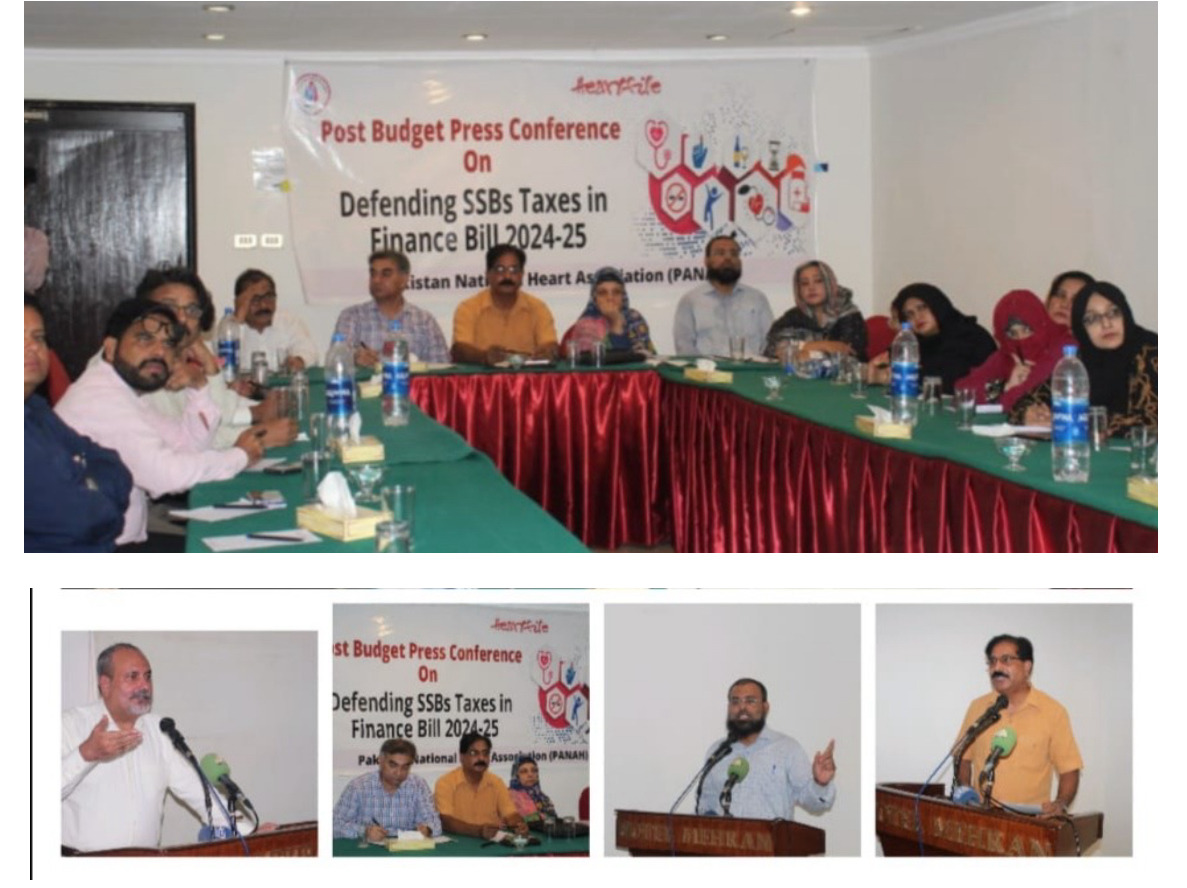 Islamabad 29 July 2025 (kamran Raja):The prevalence of non-communicable diseases (NCDs) is escalating in Pakistan. Alarming statistics reveal that over 41% of adults in Pakistan are either obese or overweight. Additionally, more than 33 million people are currently living with diabetes, with another 10 million on the verge of developing the disease. Without immediate policy interventions, the number of individuals with diabetes is projected to surge to 62 million by 2045.
Islamabad 29 July 2025 (kamran Raja):The prevalence of non-communicable diseases (NCDs) is escalating in Pakistan. Alarming statistics reveal that over 41% of adults in Pakistan are either obese or overweight. Additionally, more than 33 million people are currently living with diabetes, with another 10 million on the verge of developing the disease. Without immediate policy interventions, the number of individuals with diabetes is projected to surge to 62 million by 2045.
Ultra-processed food and beverage products (UPPs), often laden with excessive sugar, salt, and trans-fats, significantly contribute to this health crisis. An unhealthy diet stands as a major modifiable risk factor for NCDs. The absence of evidence based policies like front of pack nutrition labelling and warning signs on ultra processed foods is among the primary reasons that people are unable to adopt the healthy food choices.
These concerns were highlighted during a press briefing at local Hotel in Karachi.Doctor Rumina Iqbal from Acha khan university, Doctor hafeez from sindh university, director general education Mr dilawar mangi was the chief guest in this event .
Munawar Hussain, Consultant at Global Health Advocacy Incubator (GHAI), stated, “The annual cost of managing diabetes soared to over USD 2,640 million in Pakistan in 2021. Ultra-processed food and beverage products particularly sugary drinks and junk foods are major contributors to diabetes, heart disease, cancer, kidney failure, and other chronic diseeases.” He emphasized the urgent need for policy action regulatory bodies to address the increasing risk of diabetes and other NCDs in Pakistan.
“Foods with high amount of sugar, sodium, saturated fats, transfats and non-sugar sweeteners must have easily understandable front of pack nutrition labelling and warning signs to help consumers adopt healthier food choices.
Pakistan Standards and Quality Control Authority is the national body responsible for development of national standards and regulations to ensure access to healthy diet in the country.
Sana Ullah Ghumman General Secretary Pakistan National Heart Association said that our successful campaign in 2023, led to the imposition of a 20% Federal Excise Duty (FED) on sweetened beverages and juices. Despite substantial interference from the sugary drinks industry, government decided to maintain this tax during finance bill 2024-25 which was step toward right direction. “However, FBR should consider progressively increasing these taxes to minimum of 50 percent of the retail price. The revenue collected from these taxes may be allocated to increase the access of healthy diet to consumers on affordable prices.”
Sana Ullah Ghumman, General Secretary of PANAH, highlighted the association’s two prong approach of raising public awareness about modifiable NCD’s risk factors and collaborating with policymakers to formulate evidence based policies to reduce consumption of ultraprocessed foods. He disclosed that the sugary drinks industry invested billions to mislead the government and engage in extensive lobbying. Nevertheless, through persistent campaigning, PANAH succeeded in maintaining the tax on sweetened drinks.
Dr. Ghufran Saeed, Associate Professor at University of Karachi said, “we must prioritize policies like front of pack nutrition labelling and warnings signs on ultra-processed food and beverage products, setting industrially produced trans-fatty acids (iTFA) limits of 2 percent of total fats on all foods, and increasing taxes on sugary drinks to counter the menace of growing chronic diseases in Pakistan, killing hundreds of people every day in the country.
Editor: Kamran Raja